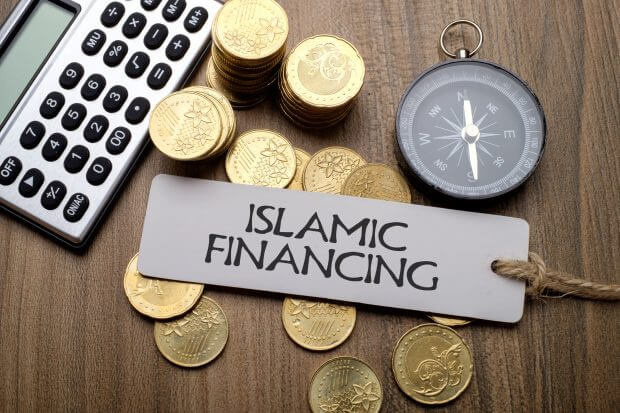Islamic finance may just be the solution to our problems Photo Limra Assests
South Africa – The global economic landscape has witnessed significant changes, and South Africa is no exception. The country is grappling with various economic challenges, from high unemployment rates to the burden of interest-driven financial systems. Amidst these challenges, there is a glimmer of hope emanating from Islamic finance. This financial model, rooted in Islamic principles, is gaining momentum in South Africa, offering potential solutions to the nation’s economic woes.
Islamic finance operates on the principles of Sharia law (Islamic law), distinguishing itself from conventional financial systems by prohibiting interest. In 2022, S&P Global Ratings published a report on Islamic finance, projecting an industry growth rate of 10% to 13% for 2023. Despite the challenges posed by the global pandemic, Islamic finance has exhibited impressive resilience, witnessing a notable 10.6% expansion in total assets during 2020.
What is important to note is between 2019 and 2021, two years where economic activity was marred by the pandemic, Islamic finance growth rate was quite significant compared to traditional banking. Traditional banking deposits grew at a rate of 15.16% while Islamic deposits increased by 41.51%. S&P Global Ratings predicted the industry is positioning itself for sustainable growth.
As per a report from the South African Banking Association, Shari’ah-compliant financial assets were valued at approximately $2 trillion worldwide in 2019. In South Africa, Islamic banking assets accounted for merely 0.16% of the total financial assets in March 2021.
In South Africa, where interest-based financial systems have long been the norm, Islamic finance is emerging as a viable alternative. People like Nontobeko Aisha Mkhwanazi, final year BA student in Islamic studies at the International Peace College of South Africa (IPCSA), are at the forefront of this paradigm shift.
SMread: Ramaphosa: SA on track to end loadshedding
The solutions offered by Islamic finance
Islamic finance or Islamic banking operates based on principles that emphasise equity, risk-sharing, transparency, social responsibility and social welfare. Mkhwanazi was part of an Islamic finance conference recently held at the IPCSA. This conference focused on many practical solutions, one such solution being the Mudarabah contract.
“Islamic law is not only for Muslims, it’s for mankind as a whole … In terms of unemployment, we’ve heard the rate of unemployment has skyrocketed. In an attempt to solve this problem of unemployment, we’re looking at the Mudarabah contract wherein we’re saying those who have means must come up and partner with those who] have skills. As a country, we have [many] stay at home graduates so we’re saying those who have skills and those who have the means, the finance, must partner up and then create businesses in order to mitigate the unemployment rate.”
The Mudarabah contract enables people with capital to invest intelligently and generate profits from their resources. In a nation marked by wealth disparity, this contract serves as a bridge, providing individuals without resources the necessary funds to transform their business concepts into reality.
In the context of Mudarabah, the distribution of profits follows specific guidelines. Initially, both parties must establish a mutually agreed-upon profit ratio. This ratio dictates how profits will be shared, with flexibility for the parties to distribute profits at any agreed ratio.
The seminar also aimed to tackle how Islamic finance is not limited to Muslims; its principles are universal and applicable to all of mankind. By tackling this subject, Mkhwanazu hopes it will bridge the gap between communities and foster a collective understanding of Islamic Finance’s potential to drive positive change.
As the country navigates its economic challenges, Islamic finance stands out as a beacon of hope. Islamic finance and banking is also offered by First National Bank, HBZ Bank, Absa and Standard Bank. Islamic finance, if embraced by the country, has the opportunity to not only transform the economy but also inspire a global paradigm shift towards ethical and responsible financial practices.
